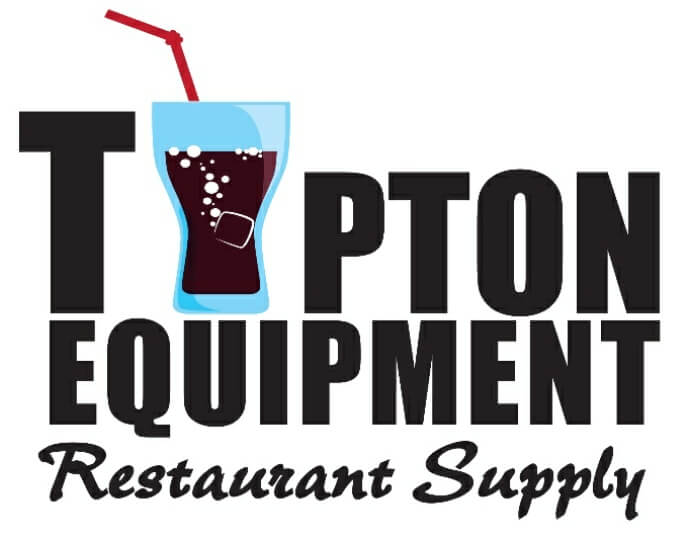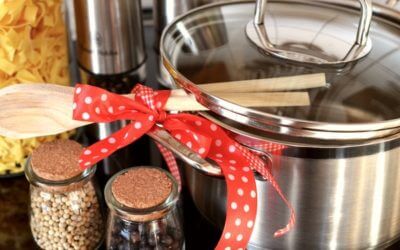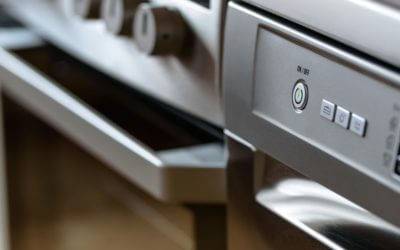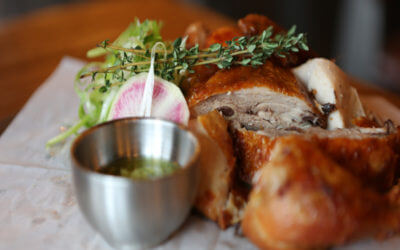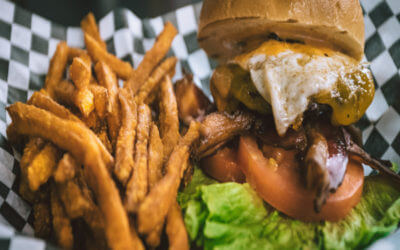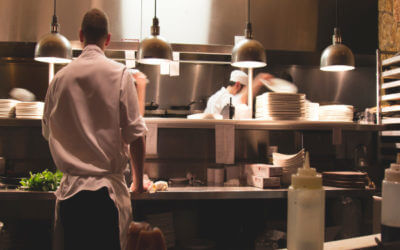Can You Handle These 5 Types of Difficult Restaurant Customers?
August 15, 2017No matter how much you love it, running a restaurant certainly has its challenges.
It is time-consuming, hectic, labor-intensive and competitive. And to cap it all, there are the difficult restaurant customers you often have to deal with. It’s impossible to please everyone, and there will always be customers that take some extra effort to handle. Here are 5 types of the most difficult restaurant customers, and some suggestions for how to manage them
1. The Complainer
The difficult restaurant customers that complain about everything: the lighting, the seating, the food… It’s probably just in their nature to complain, and it may have nothing at all to do with the ambiance or the food at your restaurant.
How to deal with difficult restaurant customers that complain:
It may be tempting to serve them promptly, so that they get out of your restaurant as quickly as possible. However, it is better to go over and listen to what they have to say. A lot of complaining customers just want to feel heard. The next step is crucial: show empathy in acknowledging their point of view. Often, it is a good idea to apologize, even if you’re not at fault. Then, offer a remedy that will make them feel like they’ve won the battle.
2. The Loud Customer
Unlike the complainer, this customer is having a great time. They talk loudly and laugh hysterically, disturbing everyone else.
How to deal with a loud customer
Dealing with difficult restaurant customers that are loud can be tricky, because even if you politely ask them to tone it down, there’s always the risk that they will be offended. However, it has to be done for the benefit of all the other customers around them. So ask them as politely as you can. You can also relocate them to a more secluded spot if space is available.
3. The Impatient Customer
These are the difficult restaurant customers that are in such a rush that they don’t want to wait to be seated or served.
How to deal with the impatient customer:
Make sure that your staff is very clear about timelines with this customer. If it will take 10 minutes to seat them, tell them this. If you’re not sure whether it will be 5 or 10 minutes, tell them the longer amount of time so they don’t become even more frustrated after 5 minutes has passed and they’re still waiting. Try to make it clear that it won’t be possible to be in and out without waiting.
4. The Late Customer
This is the customer that turns up 5 minutes to closing, and expects to be able to get anything on the menu.
How to deal with difficult restaurant customers that are late:
You could simply tell them you’re closing and the kitchen is out of food. However, if the food is still available, you could seat them, but let them know that since you’re about to close, the offerings available from the kitchen are limited, and let them know what is still available. By being clear from the start, you can avoid disappointing this customer.
5. The Unruly Customer
This customer is not just loud. They are belligerent and disruptive, which can be uncomfortable and annoying for the other diners in the restaurant. An unruly customer is definitely not good for business.
How to deal with unruly difficult restaurant customers:
If you want to get an unruly customer under control, you have to be calm and reasonable when dealing with them, and not be intimidated. However, if they don’t cooperate or they become confrontational, you may have no alternative but to ask them to leave.
Without customers, there would be no restaurant, so you want to make certain that you provide excellent customer service and handle those difficult restaurant customers with care and professionalism.
What’s in a Cooking Pot, How to Choose the Right One?
As a restaurant owner, your cooking needs might vary. Did you know that a good quality pot can greatly improve your cooking experience, while also improving the quality of your cooking? This cooking equipment is a very important one that cannot be done away with...
5 Things Every Restaurant Owner Should Do Before Buying Used Kitchen Equipment
Equipping your restaurant properly can cost a lot of money, so buying used kitchen equipment is the go-to choice for many restaurateurs. Buying used kitchen equipment for a restaurant is a bit different than buying used equipment for your home, however. You will...
Top Restaurant Technology Trends in 2018
When looking to buy restaurant supplies, you want to be on the leading edge of technology trends. This will keep your kitchen running smoothly. Let’s take a look at some of the most recent trends in restaurant supplies technology. 1. New Payment Options Who would...
5 Different Ice Shapes and Why You Should Care About Them
Ice makers are very popular in the restaurant and foodservice community because they eliminate the need to buy ice every day. And of course, adding an ice maker to your collection of foodservice equipment means you will always have ice on hand when you need it. An...
Pulping and Grinding: A Starter’s Guide to Reducing Commercial Food Waste Costs
For most restaurant owners and managers, the expenses involved in making meals are always under careful consideration. Water is needed to prepare, cook and wash food; power is necessary for food prep, cooking and cooling, and so on. However, how many of us consider...
Choosing the Right Milk Cooler: Cold Wall or Forced Air?
In a restaurant, milk is an essential to have on hand for coffee and other café-style beverages, for serving with kids’ meals, and as a key ingredient in many recipes. Keeping your milk properly chilled can be difficult without the proper restaurant equipment....
How to Choose Your Next Commercial Meat Smoker
The movies that connect with us on a personal level are the ones that linger in our memories forever. Anyone who has used a commercial meat smoker knows that they have a huge influence on the taste of a meal. You need to have just the right kitchen equipment to get a...
Are High Speed Ovens Too Good to be True?
You might have heard a few of the bold claims that foodservice equipment manufacturers have been making about high speed ovens, but they can’t be possible, right? Cooking three times as faster as regular ovens? Five times as fast? Fifteen times as fast? It may seem...
Choosing the Right Food Storage Containers for Your Restaurant
Choosing the right kitchen supplies will make a difference in your restaurant. Whether it is heavy duty kitchen equipment or food storage containers, each piece of equipment plays its own important role. Today, we are going to talk about how to choose the right food...
Tipton’s Guide to Perfect Poultry Trussing
Do you ever truss birds in your commercial kitchen? Trussing is a fantastic cooking technique because it makes poultry cook faster, look more attractive and taste better. If your commercial kitchen prepares poultry, you don’t want to miss these trussing tips. Trussing...
How to Eliminate Excess Condensation in Your Kitchen
Is your commercial kitchen getting steamy? If so, you could have more than just an uncomfortable working environment on your hands. Excess moisture in your commercial kitchen can result in the corrosion of equipment, the development of mold, and even damage to your...
The DIY Guide to Your Restaurant’s Own Garden
Stocking your restaurant supply with your own home-grown herbs and produce can truly bring your dishes to life. When it comes to food, everyone knows there’s nothing like homemade and home-grown. Having your own culinary garden, however large or small, can help you...
5 Reasons a Meat Grinder Will Set Your Burgers Apart
The more you do to prepare your foods in-house with the right kitchen equipment, the fresher and more flavorful your dishes become. There are all sorts of restaurants offering fast-food style burgers, but some diners are looking for the real deal. A fresh, juicy...
Pest Preventions to Implement in Your Commercial Kitchen
Restaurant pests: it’s something that few people want to think about. Like it or not, pest management is an essential consideration for every commercial kitchen. Offering food, shelter and water, the unprepared commercial kitchen naturally provides everything pests...
Choosing the Right Material for Your Cooking Equipment
Kitchens are very unique to their chef. Just like a car mechanic has a toolbox unique to them, so is the cooking equipment in a kitchen. And over time, the same cooking equipment become a natural extension of the chef. What tools are you using in your kitchen? It...
